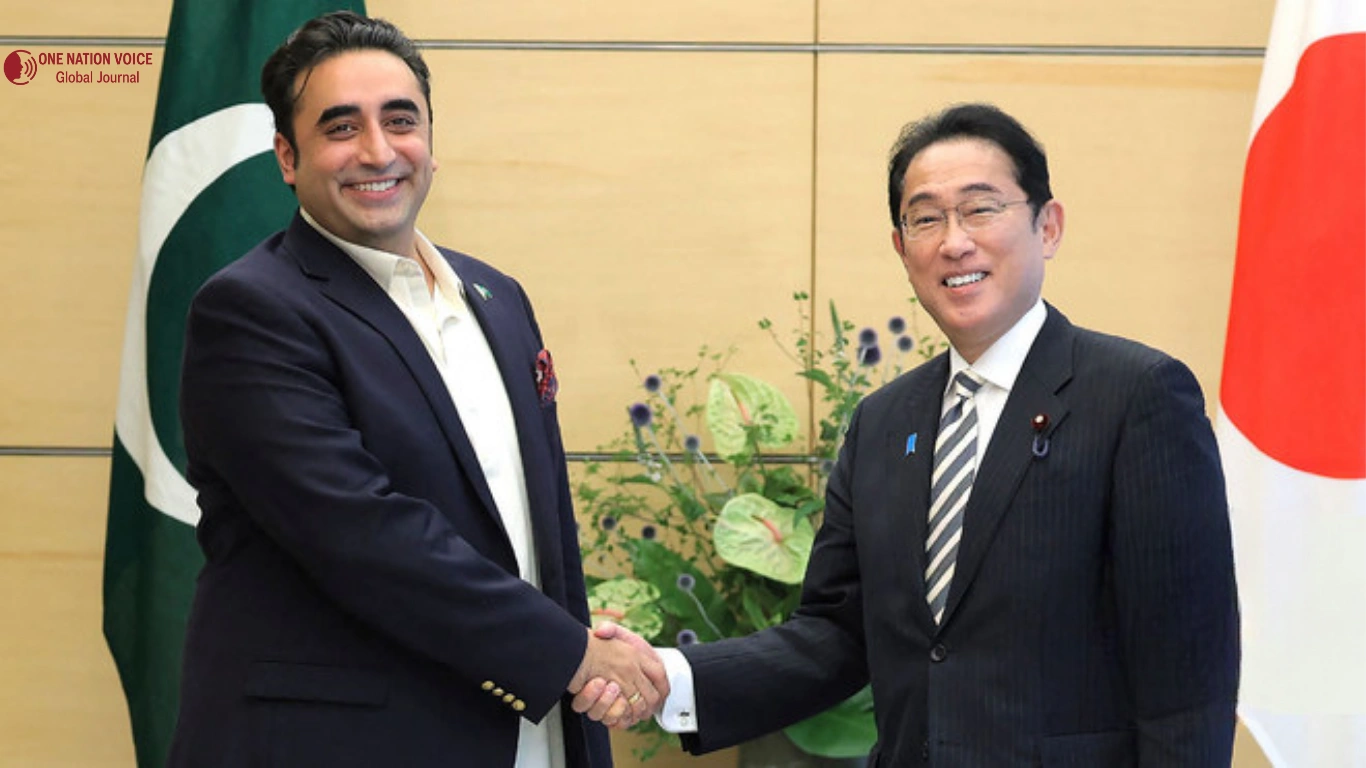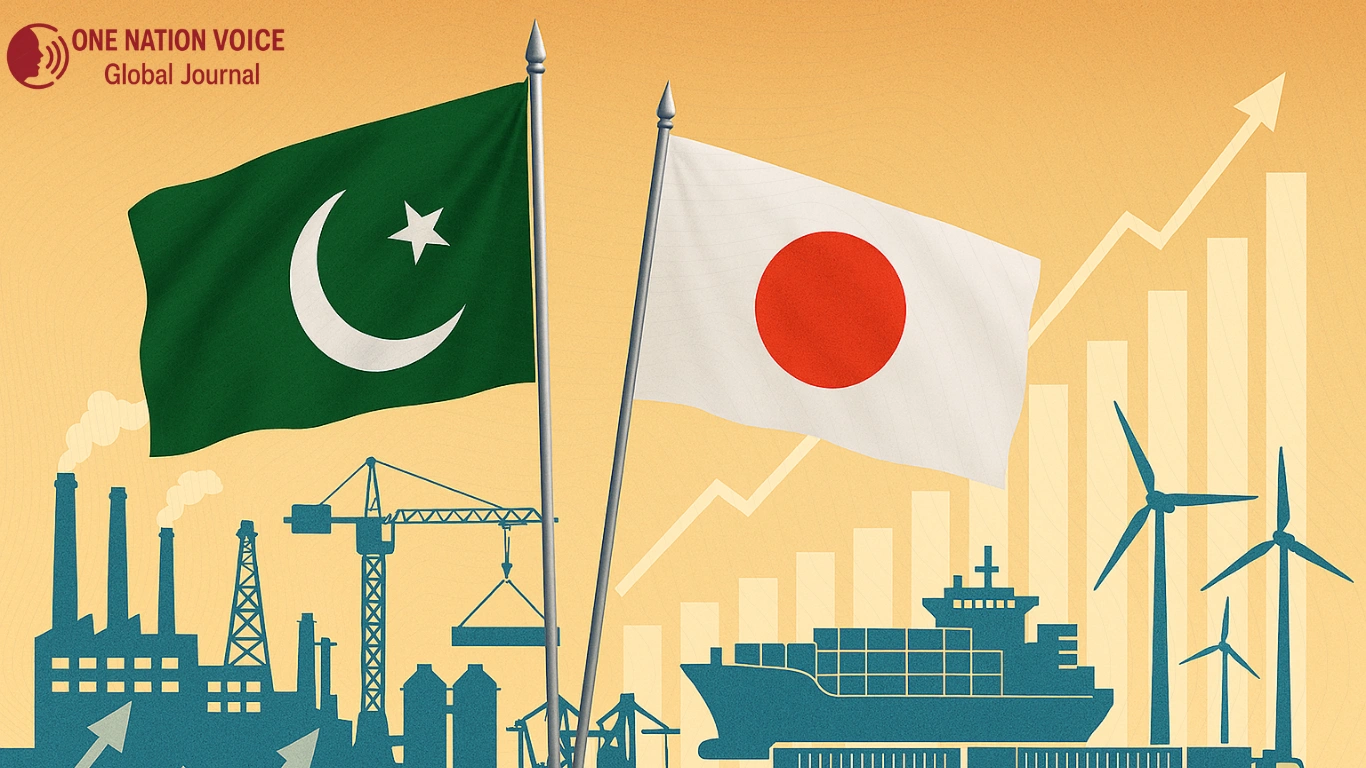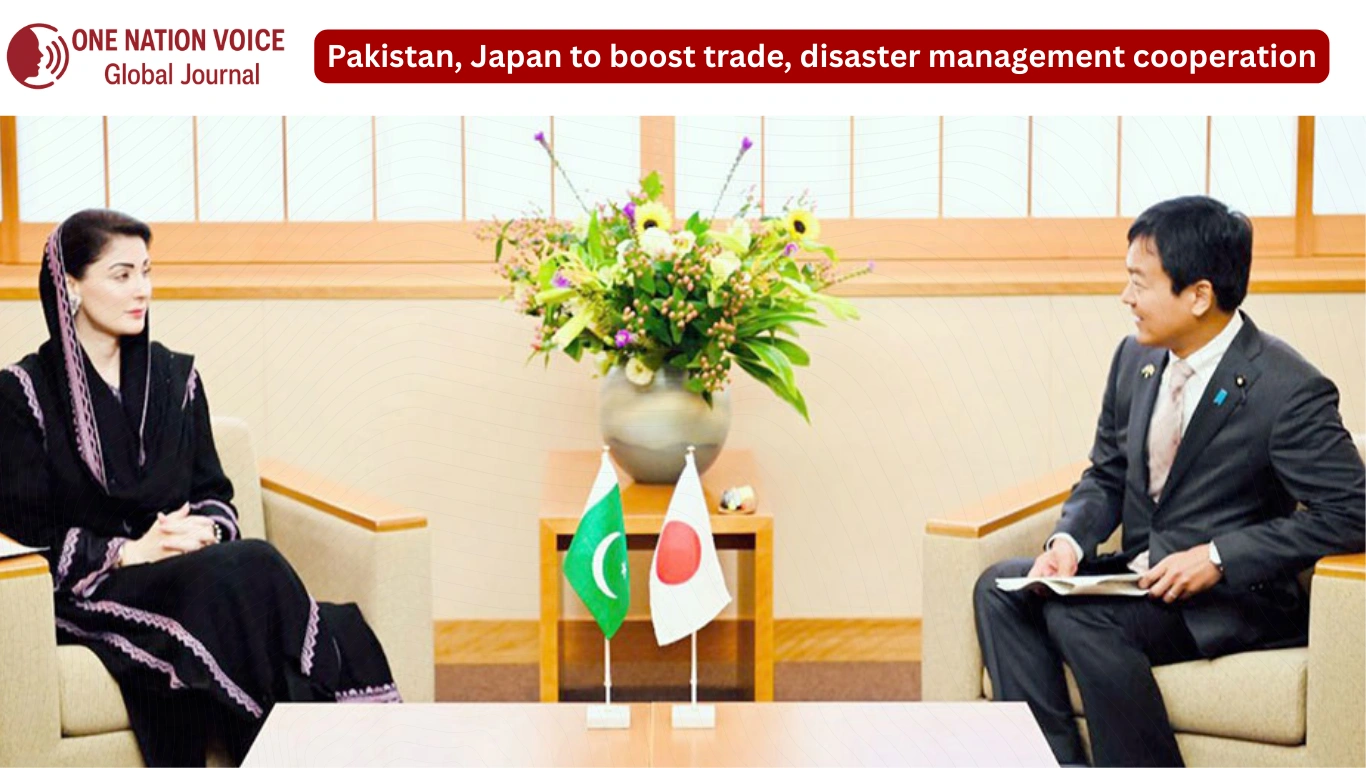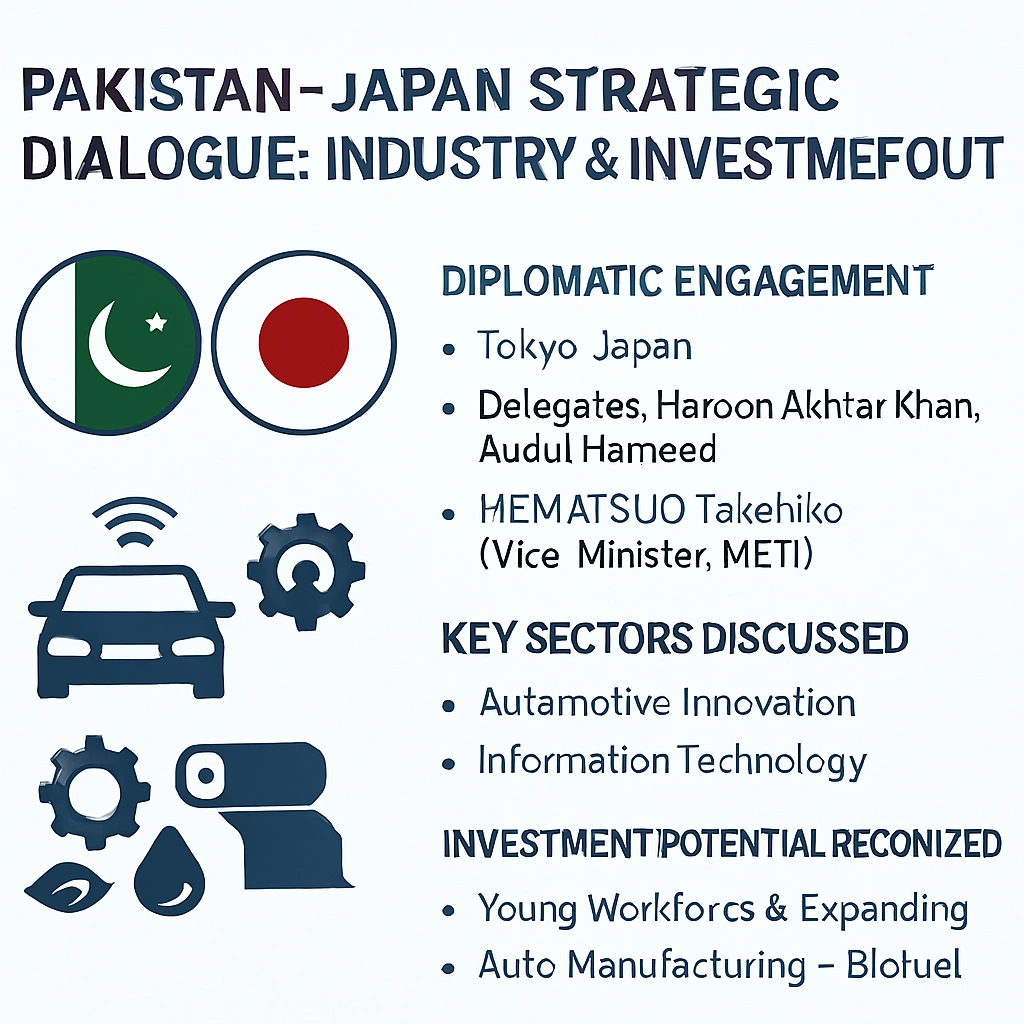Pakistan and Japan Talks Boost Industry & Investment

Pakistan and Japan are New Economic Union
Breaking in there is a new wave of industrial cooperation between Pakistan and Japan high-level talks, which were held in Tokyo by Special Assistant to the Prime Minister Haroon Akhtar Khan and Japanese Vice-Minister of International Affairs Matsuo Takehiko, were part of a new era. The negotiations were out of the usual component of aid and the genuine collective endeavors. It is a great change in the bilateral relationship towards trade and investment as the major building block. The youth population and the size of the consumer market in Pakistani is also an extremely large potential in Japan. Such a new emphasis on industrial and investment collaboration is a paradigm changer in the economic future of Pakistan.

The concluding meeting identified two principle areas where the automotive and IT industries can work together. These are industries, where Japan is the world leader and Pakistan already has a developed market and has an inbound supply of talented workforce. To the auto industry in Pakistan, this collaboration would imply huge investment and technology transfers. In this respect the Japanese delegation appeared to be interested in the new industrial policy made by Pakistan which gives incentives to the Japanese automakers to increase export of their operation in Pakistan. This action has the prospect to change Pakistan as a market for locally assembled cars into an export location of Japanese cars.
New trends were discussed in the talks including bio fuels where giants in Japan industry and businesses like Toyota and Suzuki are dominant. This also presents possibilities of investment by Pakistan in a green and sustainable sector. In addition to automobile industry the negotiations of cooperation in IT are quite encouraging. Pakistan boasts of a huge reservoir of youthful tech-savvy nation of talent. Pakistan remains a unique market to emerge as a player in the world IT services market with more than 60 per cent of its population under 30. This potential can then be opened up through Japanese investment in the IT sector of Pakistan which could provide the required capital and technology.
It has the potential of venturing into high-paying jobs and increasing Pakistan IT export. This will be one of the most important steps that Pakistan will be taking to move away to the typical textile and low value addition goods.

The Route towards a Prosperous Economy
This is the latest alliance demonstrating the even ongoing attempts of Pakistan to establish an investor friendly environment. The new industrial policy in Pakistan aims at minimizing the tariffs, simplifying regulations as well as seeking foreign investment. This change of direction in terms of a shift to the punitive system to incentive-based system is what the investors such as the Japanese METI are seeking. It gives regulation clarity and stability that are crucial to long-term investment. Japan which has had its concerns in diversifying its markets in light of the risks posed by global trade identifies Pakistan as a secure and potential market.
Other opportunity fronts, other than the plastics industry, were also explored, which include the textiles and bio fuels. The textile sector, still an anchor of the Pakistani economy, could trigger the process of modernization due to Japanese investment and the provided sophisticated technology, transform it into a more competitive and value-added business. The bio fuels controversy is firmly in the future; with more countries stepping into green energy faster, Pakistan has a very good prospect of becoming a focal point of this change. This would not only entice the Japanese investment, but would also enable Pakistan to fulfill its climate aspirations hence would highlight a holistic development of industrial collaboration that defines the importance of such collaboration.
 The fruition of these dialogues hinges upon a sustained commitment from both parties. Pakistan needs to stick to its proclaimed changes and develop a clean and predictable business environment in regard to foreign business enterprises. At the same time, Japan must work faster to translate all these negotiations into concrete projects, owing to the shortness of its industrial cycles. Constant contact and follow-up highlight how the two countries wanted to ensure that the dialogue is translated to action.
The fruition of these dialogues hinges upon a sustained commitment from both parties. Pakistan needs to stick to its proclaimed changes and develop a clean and predictable business environment in regard to foreign business enterprises. At the same time, Japan must work faster to translate all these negotiations into concrete projects, owing to the shortness of its industrial cycles. Constant contact and follow-up highlight how the two countries wanted to ensure that the dialogue is translated to action.
This kind of trade is not just about the volume of trade but rather the setting up of a stable base and sustaining economic growth and success to each other. A more intense future between two nations is possible by such collaboration which uses both the technological capability of Japan in terms of greater capital investment and taking advantage of Pakistan as a strong nation in terms of population and market potential.
The recent top-level Pakistan-Japan talks are evidence of an evolving economic nexus, and hence new energy.
It changes the focus on the traditional aid and there is a change in emphasis focus upon industrial collaboration and investment, specifically in the automotive sector and information technology.
The rationale behind the recognition of the potential in Pakistan by Japan is understandable because Japan sees potential in the form of young population and huge market.
Such a strategic alliance speaks volumes of Pakistan’s adoption of a new investor friendly policy, which will refine with some of the main industries, and this will enhance the development of the economy in the region and will lead into the success of the economy as an innovation-driven economy.
Stay tuned to One Nation Voice for comprehensive coverage of diplomacy, foreign policy, and regional cooperation.
Disclaimer:
The views and opinions expressed in this article are exclusively those of the author and do not reflect the official stance, policies, or perspectives of the Platform.







